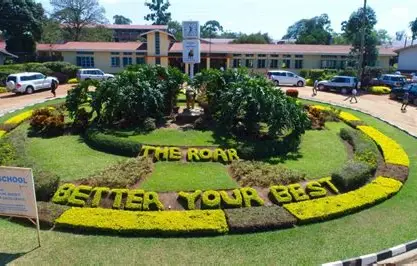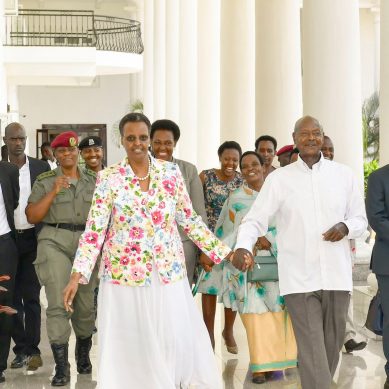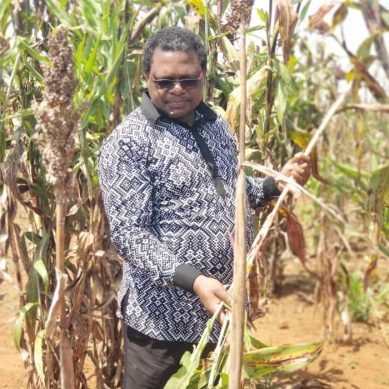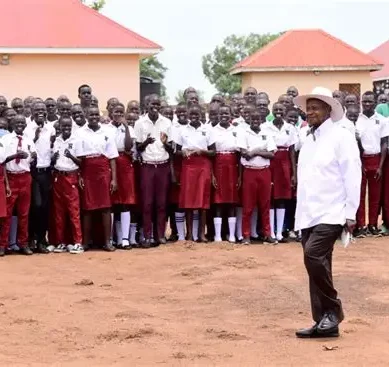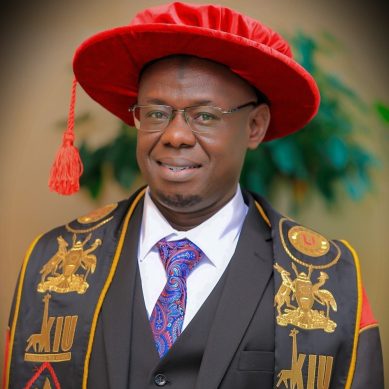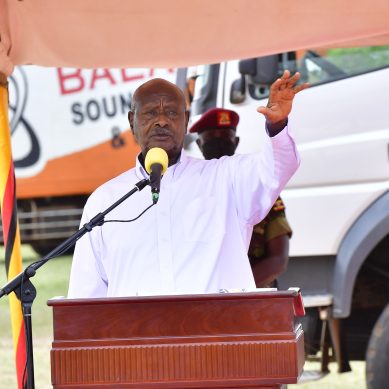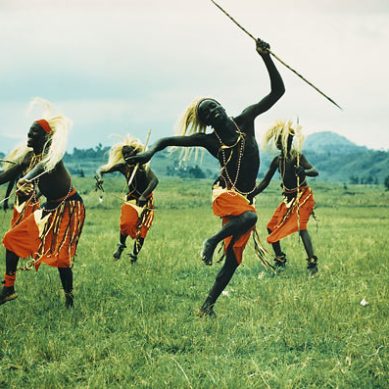Why discipline, time management and sociality became critical ingredients of success in Uganda’s pioneer institutions of higher learning
Discipline is critical because without it we cannot set and achieve goals, develop good habits, overcome challenges, improve time management, and enhance family and community growth and development. In a sentence, we cannot be successful.
NRM, UPDF are firmly in the hands of President Museveni’s over-militarised family that determines who rules Uganda
In UPDF, the powers of recruiting, promotion, retention and retiring army officers is vividly in the hands of General Muhoozi Kainerugaba – who is the Chief of Defence Forces (CDF) and son of President Tibuhaburwa Museveni. In a way, the manipulated Parliament of Uganda gave the UPDF Act 2025 to family of President Tibuhaburwa Museveni in general and General Muhoozi Kainerugaba in particular. The act allows the military to try civilians.
Luhyia spice ‘munyu mfume’ cited as reason people in western Kenya are strong in bed in old age, show low cancer and hypertension incidence
Research on people who consume munyu-mfume in food instead of the ubiquitous sodium-based table salt found nearly in every household in Kenya are less vulnerable to lifestyle diseases. While sodium has been found to constrict blood vessels, potassium has a dilation effect – widening arteries and veins to hasten circulation. In addition, the research found, potassium breaks and mops up negative cholesterol, discharging it from the bloodstream and giving the body a youthful look.
How Museveni became Uganda’s Enemy No.1 in knowledge industry for rewarding natural sciences far better than humanities
Many people have wondered why President Museveni is emphasising natural sciences and related disciplines and fields and advocating against arts, humanities and social sciences when his background is in those fields, and when almost 99.9 per cent of the members of his government also have backgrounds in those broad fields of knowledge.
Museveni beware: Public distrust in authority has led to significant rise of charlatans as ‘thought leaders’ in Uganda
The marketplace of ideas model remains faithfully wedded to a neoclassical view that depends on a perfectly costless and efficient exchange of ideas, but also remains vulnerable. Blocher, by addressing the “economic” objections to the marketplace metaphor, attempted to better describe, explain God and rehabilitate the marketplace of ideas.
Uganda’s theatre of the absurd: How father and son’s ‘bicameral presidency’ threatens to fight corruption, then feeds it
In an interview broadcast on October 17, 2022, and cited by Liam Taylor (2022), President Tibuhaburwa Museveni said that his son “should not and will not” tweet about partisan politics. The next day Kainerugaba tweeted that “I am an adult and NO ONE will ban me from anything”. Muhoozi talk has been weaponised. It could one day push the regime – and Uganda – to the brink.
Museveni’s science of self-preservation: How fear is driving Uganda president to stifle humanities in university curriculum
The so-called scientists (those in the natural sciences and related disciplines and fields of knowledge and practice) do not traditionally challenge governments but pay more attention to their work in the laboratories and the field, presumably discovering, creating and innovating.
Museveni’s recognition of Banyarwanda refugees as an indigenous group is a potential cultural, political powder keg
One roadblock to resolution of the myriads of questions, crises or disputes in our environment is that there is no national consensus that they exist. What is happening is to postpone to the future. The constitutional recognition of Banyarwanda by the Uganda Constitution 1995 as one of the indigenous groups of Uganda is not only despising Ugandan indigenous groups but also a recipe for future conflicts, chaos and violence in our environment.




